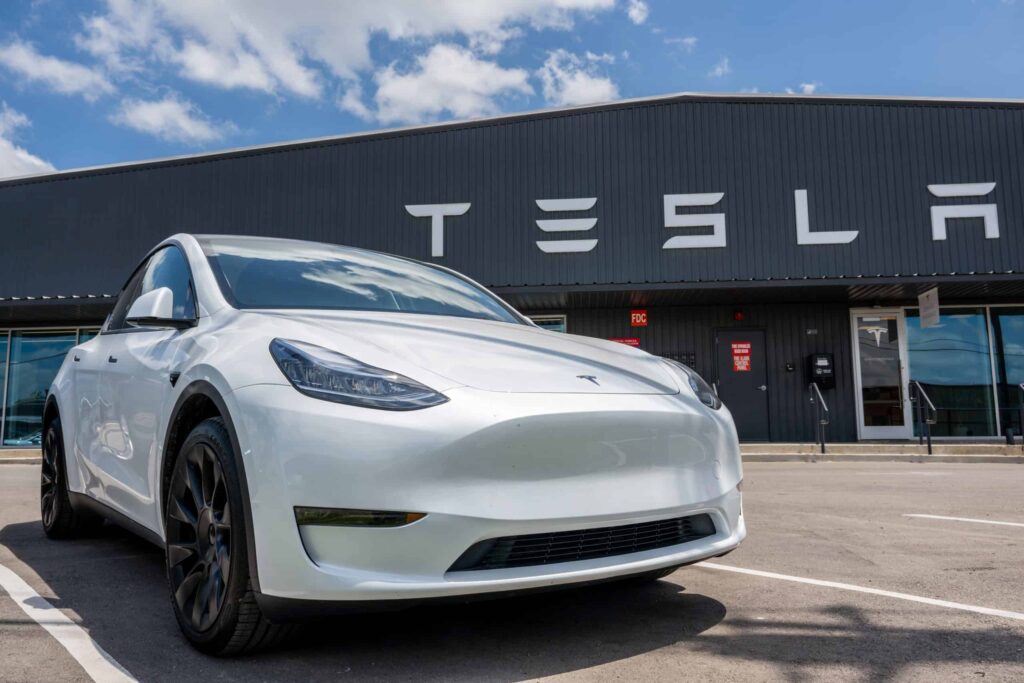
Tesla’s sales in Europe have taken a significant hit, with a reported decline of 49% in October, bringing registrations down to 6,964 vehicles. This reduction is part of a broader trend that has seen the electric vehicle (EV) market shift, resulting in a loss of market share for the company. In contrast, rival BYD, a Chinese automaker, experienced a remarkable sales increase of 207%, achieving registrations of 17,470 units during the same period.
The data, released by the Automobile Manufacturers’ Association, highlights the increasing competition within the European market. Alongside BYD, traditional automakers across the region are intensifying efforts to establish a foothold in the EV sector. This shift has left Tesla in a precarious position, as it struggles to maintain its previous dominance in this key market.
Challenges in Global Markets
Tesla’s challenges are not confined to Europe. In China, the company reported its lowest monthly sales figures in three years, with just 26,006 vehicles sold in October. As the largest EV market globally, China is witnessing a surge in local competitors, exerting price pressures that complicate Tesla’s market strategy. Although some of these local firms may not survive the coming year, their impact on the competitive landscape is significant.
In the United States, Tesla’s market share has dropped to 45%, down from 80% in 2019. Despite facing no Chinese competitors in America due to existing tariffs, the company is experiencing fierce competition from established automakers who are aggressively entering the EV market. This transition has come at a high cost, with legacy car companies investing tens of billions of dollars to pivot to electric vehicles.
As the sales figures decline, Elon Musk, Tesla’s CEO, faces increasing pressure to redefine the company’s narrative. Musk has been promoting Tesla as a leader in robotics and artificial intelligence, aiming to deliver the first fully autonomous vehicle and a robotaxi service. Nevertheless, competition in the autonomous vehicle space is heating up, with firms like Alphabet’s Waymo emerging as strong contenders.
Market Reactions and Future Outlook
Despite the downward trend in sales, Musk’s strategy may be resonating with investors. Following a notable decline in Tesla’s stock in April, shares have increased by 3% this year. However, this rise falls short of the 14% increase seen in the broader S&P 500 index. Tesla’s market capitalization remains impressive at $1.4 trillion, positioning it as the 10th-most-valuable public company worldwide.
As Tesla navigates these turbulent waters, the question remains whether the company can regain its footing in Europe and beyond. The evolving market dynamics, coupled with the ongoing rise of competitors, suggest that the path ahead may be challenging.
In conclusion, while Tesla continues to hold a significant market cap and investor attention, the realities of the automotive landscape are shifting rapidly, requiring a strategic response to maintain its leadership position in the EV sector.







